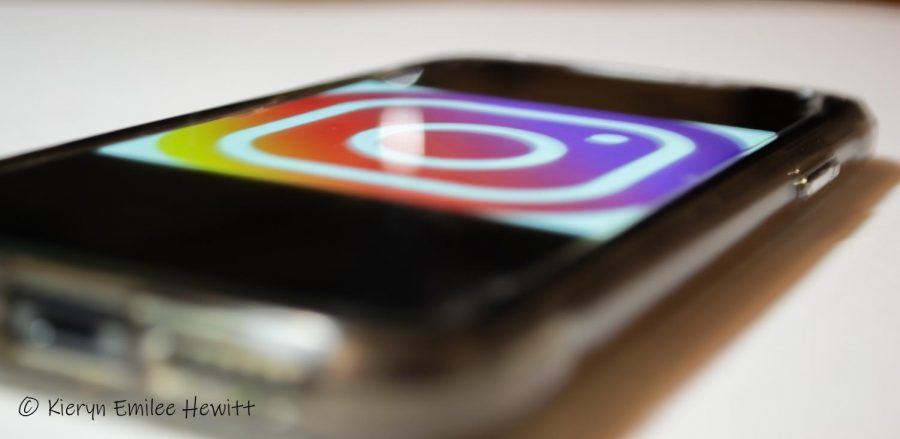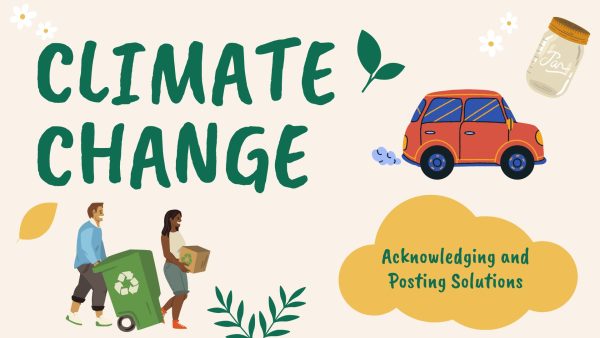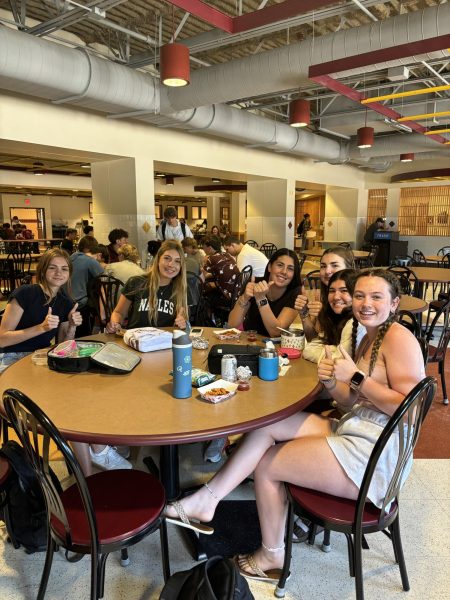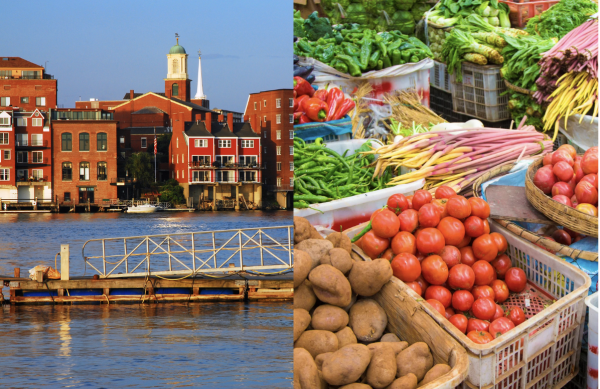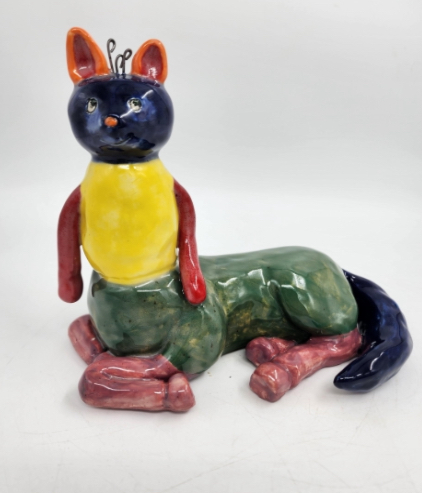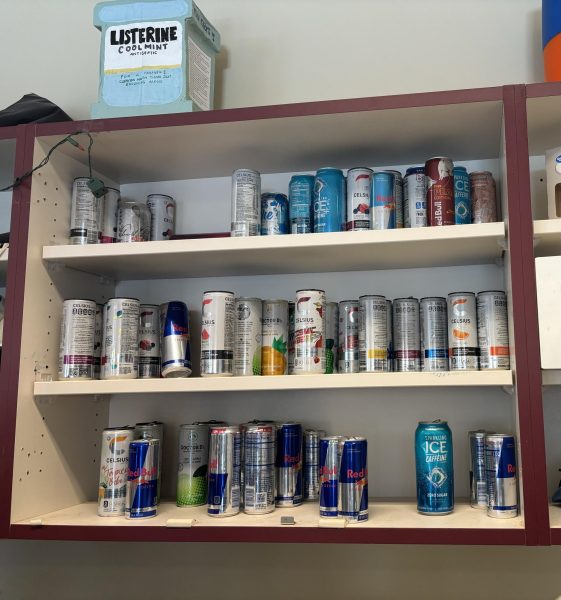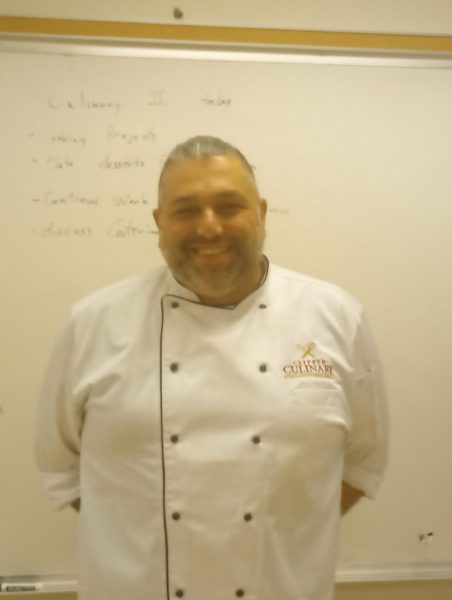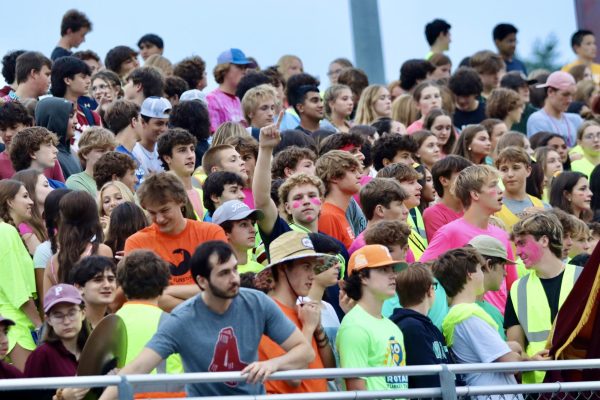The Effects of Social Media on the Cancer Community
Throughout the past 20 years, social media has increased in popularity, and in 2018, a total of 244 million people in the US reported that they use social media. With social media comes the heightened awareness of certain diseases, and the spread of information, especially cancer.
Since social media has been becoming more popular, cancer patients and cancer organizations are coming out and opening up about certain aspects. From sharing personal experiences, to raising awareness of different types of cancers, including some the general public may have never even heard about.
An example of this is breast cancer, one of the most common cancers worldwide. Social media has helped raise awareness of breast cancer and has caused Breast Cancer Awareness month (October) to increase in popularity over the years.
I had the amazing opportunity to interview my colleague from the American Cancer Society’s Cancer Action Network (ACSCAN), Mike Rollo. Rollo has been a part of ACSCAN’s New Hampshire branch as the Government Relations Director for almost 10 years. I’ve personally had the pleasure of working with him throughout my time with ACSCAN and was very fortunate to be able to interview him in regards to how social media affects the cancer community.
In your opinion, how do you think social media has impacted the cancer community as a whole?
Rollo: “Social media has offered a new way to raise awareness about cancer. Whether it is talking about screening protocols or asking lawmakers to take action on legislation that will create greater access to healthcare, social media has given us a greater opportunity to reach a larger audience.”
Following up on that question, has there been any negative impacts on the cancer community caused by social media that you’ve seen.
Rollo:“Social media has created a toxic environment at times where individuals say things anonymously that they would never say if their name were associated with it. Our social media channels are not immune to that behavior.”
Throughout your almost 10 years with ACSCAN, you have seen social media grow immensely and seen more people join social media, due to the uprise in social media, has there been a significant rise in supporters, advocates, and volunteers for ACS, ACSCAN, Relay For Life and any other cancer organization? And a significant increase in interest in cancer-related topics/concerns?
Rollo:“I wouldn’t say a significant rise, but it has certainly helped to reach and attract new and diverse volunteers, which is terrific.”
In your opinion, would ACSCAN, and other cancer organizations be where they are today without social media?
Rollo:“With or without social media, ACSCAN would continue to do our work. Social media is but one tool that we use to reach volunteers and policymakers.”
American Cancer Society’s Instagram page also brings light to the cancer community as well, sharing survivor’s stories and raising awareness of different types of cancer. Relay For Life’s Instagram has also shared different stories, like their Why I Relay posts where people can tag Relay For Life and share why they participate in their event. One of my posts has been shared by them and the community got to relate to my story and share the love within the community.
It is quite obvious that while there’s some toxicity in the social media aspect of the cancer community, as with every social media aspect, the positives of social media on the community outweigh the negatives by far.


